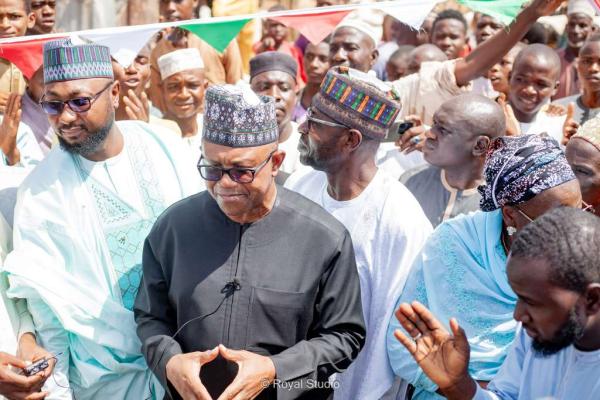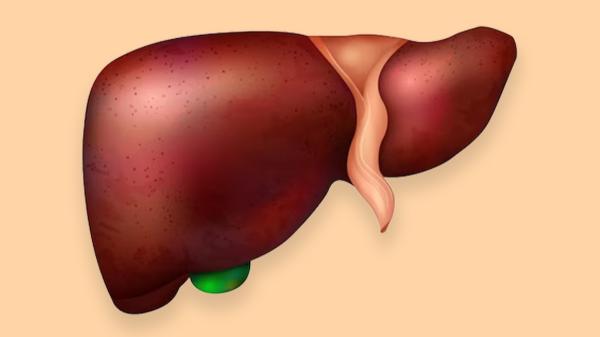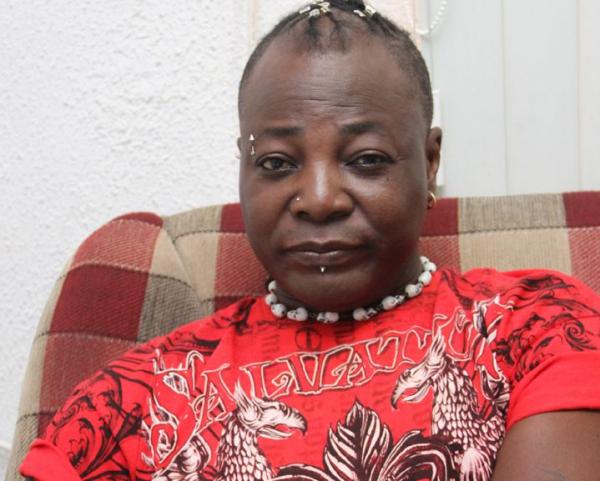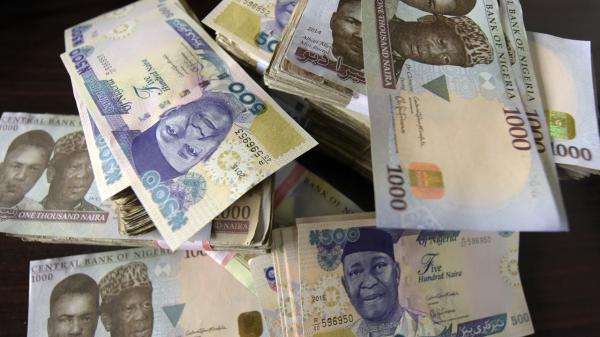
Naira notes
Currency dealers in Nigeria on Wednesday agreed to halt trading if there is a more than two per cent intra-day slide in the naira, which is being hit by the oil price slump and is at risk of speculative attacks.
Dealers said they feared that if they did not act to curb the naira's slide, the currency could head to N200 to the dollar, creating extreme volatility and adding to deteriorating liquidity conditions. The naira depreciated to N189.20 to a dollar yesterday, falling a second straight day despite central bank intervention.
Like other emerging market currencies, the naira is also under pressure as the dollar strengthens on expectations the United States will soon raise interest rates.
The Central Bank of Nigeria (CBN) Governor, Mr. Godwin Emefiele said on Tuesday that the naira was "appropriately priced" and the bank would "not tolerate speculative attacks".
Reuters stated that dealers have been suffering as the central bank has reduced their open positions in a bid to stabilise the currency after it was devalued by 8 percent against the dollar in November to protect the central bank's foreign reserves.
Banks used to have a one per cent net open position to deal on the currency before the devaluation, but the central bank cancelled it to zero in December. Last week it allowed banks a 0.1 per cent net position but warned them against carry trades or speculative activity.
Banks can earn trading revenues when the naira is weak through carry trades, by borrowing the naira to buy dollars which they resell at a higher level to make a profit. That makes it difficult for genuine forex users to buy dollars when liquidity is tight.
Interbank traders began business about an hour late after meeting to discuss how to stabilise the currency and offer more efficient two-way quotes, dealers told Reuters. The decision to suspend trade in the event of a more than two per cent drop was aimed at self-regulation and had not been requested by the central bank, they said.
Since December they had had an agreement to stop trade if the naira fell more than three percent but it had not been put into effect as the currency had rarely fallen that much. It has, however, often fallen more than 2 pct in a session.
"We agreed on a 2 percent trigger ... for the market to stop automatically," one of the dealers who attended the meeting told Reuters.
They also agreed to maintain bid and ask spreads at 0.1 naira for quotes, the dealer said.
The central bank, which has often blamed speculators for naira weaknesses, set a new trading range of N160-N176 against the dollar after the devaluation but has struggled to keep the currency in that range.
Another treasurer said dealers on Wednesday also discussed Nigeria's dependence on foreign currency as the country imports almost 80 percent of what it consumes, the cause of heavy demand for dollars.
Last week JP Morgan said it was re-assessing Nigeria's inclusion in its emerging market bond index, putting a question mark over one of the few non-oil sources of government funding.
"We know that liquidity is tight ... there's a lot of engagement with the central bank. We discussed events that have happened in the past one week," the dealer said, adding that the association was due to meet with the central bank shortly.






















